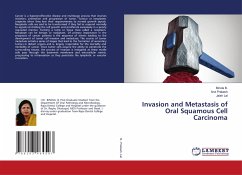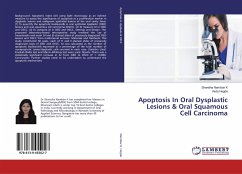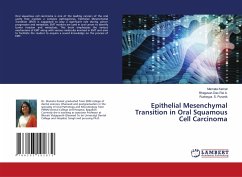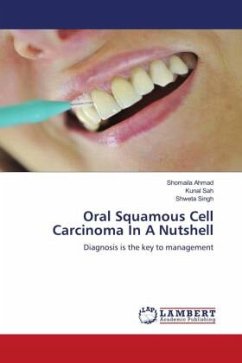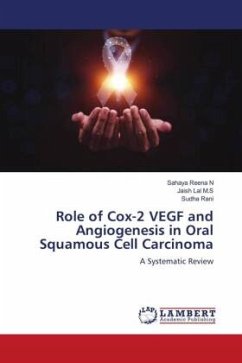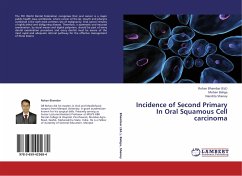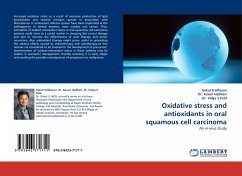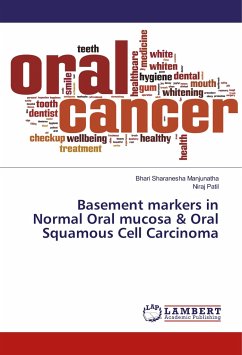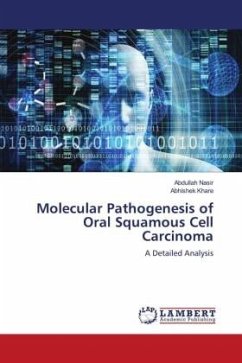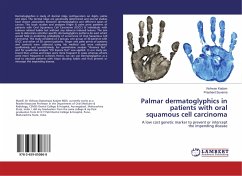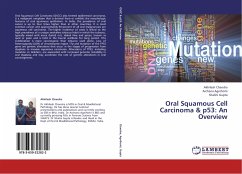
Oral Squamous Cell Carcinoma & p53: An Overview
Versandkostenfrei!
Versandfertig in 6-10 Tagen
39,99 €
inkl. MwSt.

PAYBACK Punkte
20 °P sammeln!
Oral Squamous Cell Carcinoma (OSCC) also termed epidermoid carcinoma, is a malignant neoplasm that is derived from or exhibits the morphologic features of oral squamous epithelium. In India, the prevalence of oral cancer is up to four times higher than in other countries. It is most common cancer and approximately 94 percent of all oral malignancies are squamous cell carcinoma. The higher incidence of cases is linked to the high prevalence of a unique smokeless tobacco habit in which the tobacco, typically mixed with areca (betel) nut, slaked lime and spices, known as quid or paan and is held ...
Oral Squamous Cell Carcinoma (OSCC) also termed epidermoid carcinoma, is a malignant neoplasm that is derived from or exhibits the morphologic features of oral squamous epithelium. In India, the prevalence of oral cancer is up to four times higher than in other countries. It is most common cancer and approximately 94 percent of all oral malignancies are squamous cell carcinoma. The higher incidence of cases is linked to the high prevalence of a unique smokeless tobacco habit in which the tobacco, typically mixed with areca (betel) nut, slaked lime and spices, known as quid or paan and is held in the buccal vestibule for long period. This combination is more carcinogenic than tobacco used alone. Loss of heterozygosity (LOH) of chromosome region 17p and mutation of the TP53 gene are genetic alterations that occur in the stages of progression from dysplasia to invasive squamous carcinoma. Alterations of TP53, including mutation or deletion, are associated with increased genomic instability in oral dysplasia and may accelerate the rate of genetic alterations in oral carcinogenesis.



